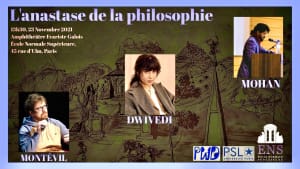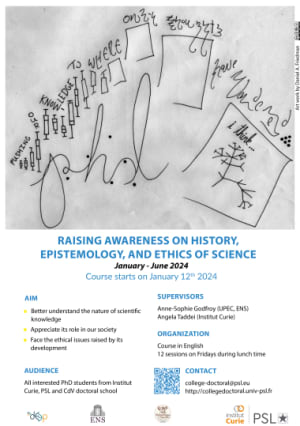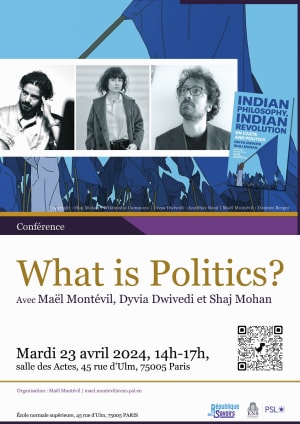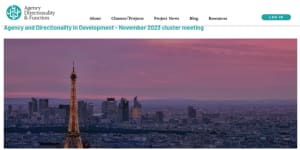
Talks in english
-

-
Physiology and historicity: Re-entangling the biological, the ecological and the social
Depending on the theoretical and epistemological stance in biology, the relations between the biological and social change in nature. A reductionist stance, for example, genocentrism, focuses scientific investigations on a specific part of the organism - then, the social stands, at best and by definition, in the outskirts as far as biology is concerned. On the opposite, the perspective we are elaborating for reasons internal to biology considers biology at the crossroads of historical and relational epistemologies. The object's definition is never purely based on synchronic relations, like in physics. Instead, biological objects are historical and contextual. Cultural or social determinations can enter the biological picture, more or less strongly depending on specific situations. For example, taste is a phenomenon that involves specific biological structures (taste buds, olfactory receptors), and one may think that it is independent of society. Food pairing studies showed instead that the way to perform associations depends on the culture. Of course, historicity also means that other receptors can also creatively be recruited, which is the case with the capsaicin of chili pepper that triggers pain receptors.
-
The closure of constraints in practices
What understanding does the closure of constraints bring about a biological system in practices? Without discussing particular cases, one cannot answer this question. The goal of this workshop is to bring together and synthesize individual modeling experiences in physiology and ecology to establish perspectives of research collectively regarding organization in biology, sensu closure of constraints. This workshop is intended to a specialized audience. We encourage speakers to present models or modeling methods, and share critical reflections on their work and the difficulties encountered. Identifying achievements, open questions, perspectives, and experimental, conceptual or technical difficulties is the main goal of this meeting. Additionally to relatively short Q&A sessions, a general discussion will synthesize the main points raised during the day. This synthesis will be transcribed and shared with the participants after the workshop.
-

What can be democracy?
-

Two links between epistemology and ethics
-

What is politics?
Politics is the fight for freedom; freedom does not exist outside of the struggles for it. Freedom is neither transcendent infinite being nor is it an Idea. Since the object of politics is not an Idea, there is no universal form for politics. The péjoration of politics, “politics” as a culture of lies and manipulations for gaining power, presupposes a non-political ideality or an anti-political totality. When philosophy commences otherwise than its ethno-history through an other beginning of philosophy politics is already opening a collective anticipation of freedoms unknown. For that very reason, unknown dangers await our political future.
-

The identity of organisms from an organizational perspective
-

Disruption of ecosystems and the vulnerability of biological organizations
-

Contributive research in saint-denis: Addressing the disruption of baby and toddler development by digital media
-
Organization & self-organization





